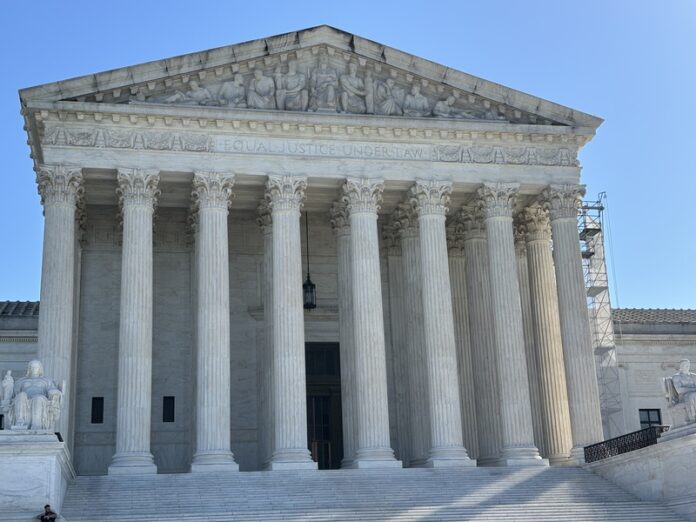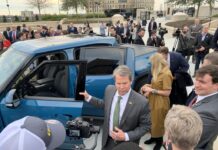
WASHINGTON (States Newsroom) — The U.S. Supreme Court Wednesday overwhelmingly upheld a Biden-era regulation governing kits that can be assembled into untraceable firearms, also known as ghost guns.
In the 7-2 decision, Justice Neil Gorsuch, the author of the opinion, said that the regulation from the Bureau of Alcohol, Tobacco, Firearms and Explosives is “not inconsistent” with the Gun Control Act of 1968. The rule was written during the administration of former President Joe Biden.
Dissenting were Justices Samuel Alito and Clarence Thomas.
In his opinion, Gorsuch said that the Gun Control Act allows the ATF to regulate “any weapon . . . which will or is designed to or may readily be converted to expel a projectile by the action of an explosive.”
“Neither the rule of lenity nor constitutional avoidance applies where, as here, the statute’s text, context, and structure make clear it reaches some weapon parts kits and unfinished frames or receivers,” he continued.
The case, Bondi v. VanDerStok, renamed to reflect Trump administration Attorney General Pam Bondi, raised the question before the high court as to whether a 2022 rule issued by ATF overstepped in expanding the definition of “firearms” to include “ghost guns” under a federal firearms law.
The nine justices initially heard oral arguments back in October.
Ghost guns are firearms without serial numbers. The kits can easily be bought online and quickly assembled in parts. Law enforcement officials use serial numbers to track guns that are used in crimes and have raised concerns about how ghost guns can impede investigations involving firearms.
The regulation that was challenged by gun advocacy groups did not ban ghost guns, but instead required manufacturers of those firearm kits or parts to add a serial number to the products, as well as conduct background checks on potential buyers.
The ATF rule also clarified those kits are considered covered by the 1968 Gun Control Act under the definition of a “firearm.”
This is a developing report that will be updated.







